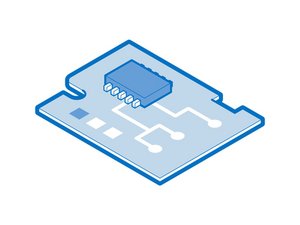Why does my multimeter measure different voltages?
So I have a multimeter that whenever I swap out the conductor, the voltage increases/decreases even though my battery is the same, such as when I swap out a wire for water or a wire of different length
EDIT: I'm trying to measure voltage, however the voltage changes depending on what the conductor is. It's set to VDC but whenever I swap out the conductor the voltage reading changes
Is this a good question?


 1
1 
 366
366  1.4k
1.4k
1 Comment
andretran41 either add an image or draw a schematic of how , where and what you are measuring. How many volts from your power source? what conductors? How are you changing those? What voltage scale is your meter set at? What make is your meter? Use this guide Adding images to an existing question to add images. That way we can see what you see and we can try to understand your setup.
by oldturkey03